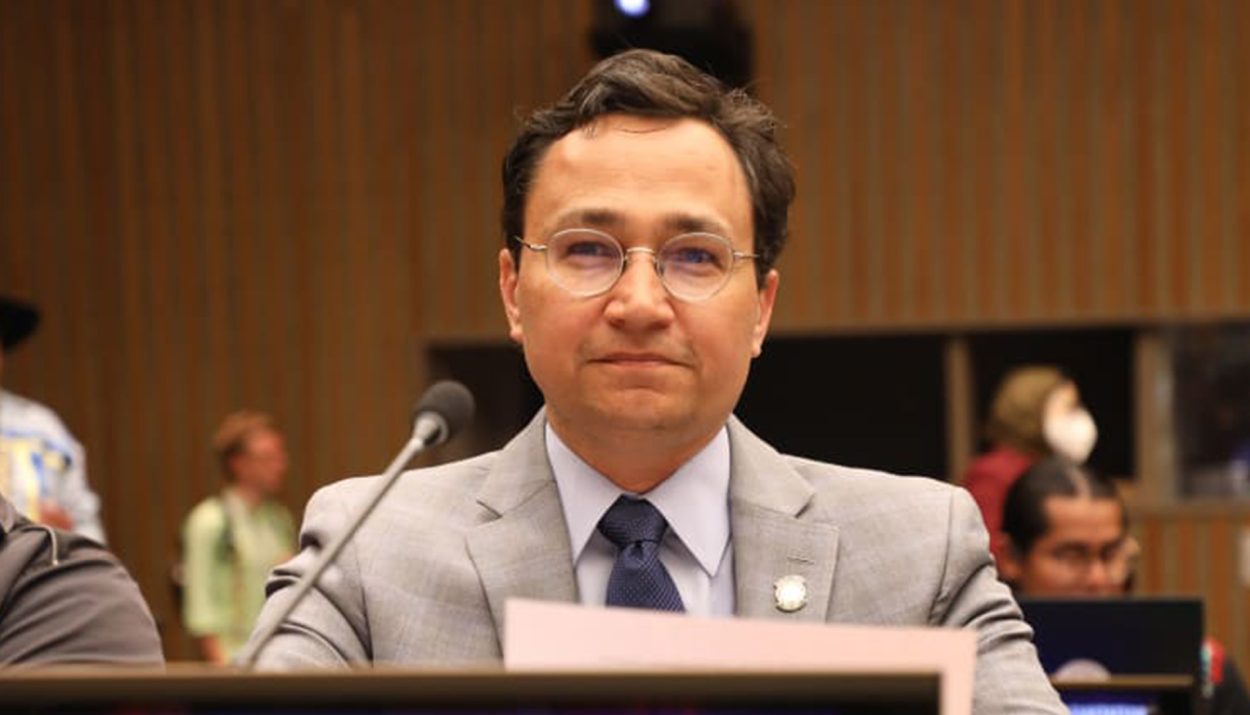The Cherokee Nation is trying to change a 150-year-old law regarding citizenship in the tribe based on “blood quantum.” The Nation intends to recognize the families of former enslaved people owned by members of the Nation as part of the Cherokee. Let’s see what this fight entails and why it’s important.
Congress Passed this Law in 1885
In one of the country’s darker chapters, Congress passed a law that recognized members of the Cherokee Nation, but only in reference to their “Indian Blood” as a rite of membership.
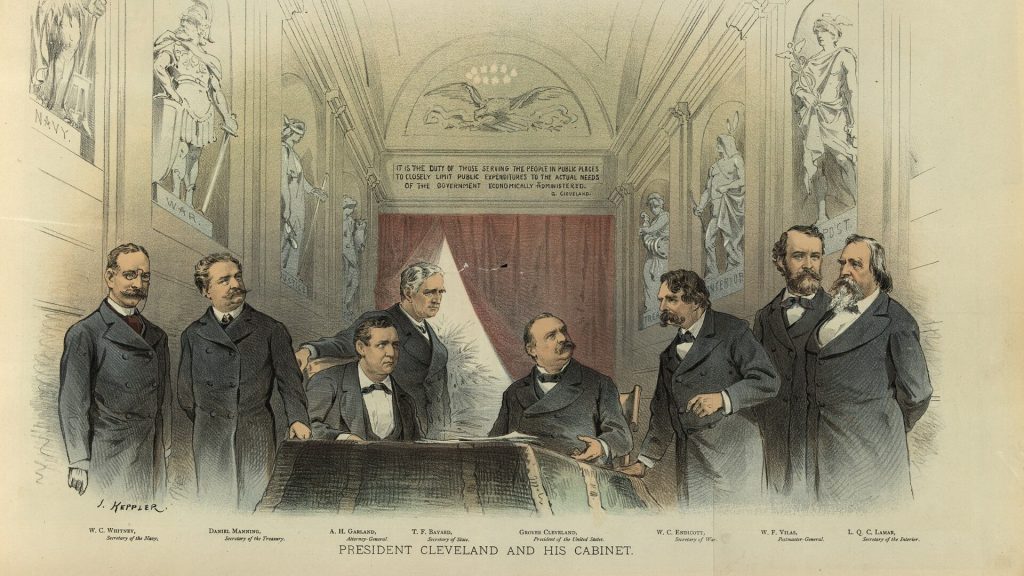
Now, the Nation is trying to get this law changed after the Oklahoma tribe started to recognize some black people as members of the Nation, given their past as enslaved people under Cherokee ownership.
Federal Law Requires The Blood Quantum
According to the law, people can be prosecuted in tribal or federal court only if they contain a minimum amount of blood of Indian origin, also known as the Blood Quantum.

Cherokee Nation principal chief Chuck Hoskin Jr. wants the government to amend or adjust the law to account for new realities in tribal membership. He says the old law no longer reflects today’s world.
Freedmen Should Be Considered
By 1861, eight to ten thousand enslaved people lived in the Cherokee Nation, owned by tribal members. In 1863, an act passed by the Cherokee Nation freed all those enslaved peoples.
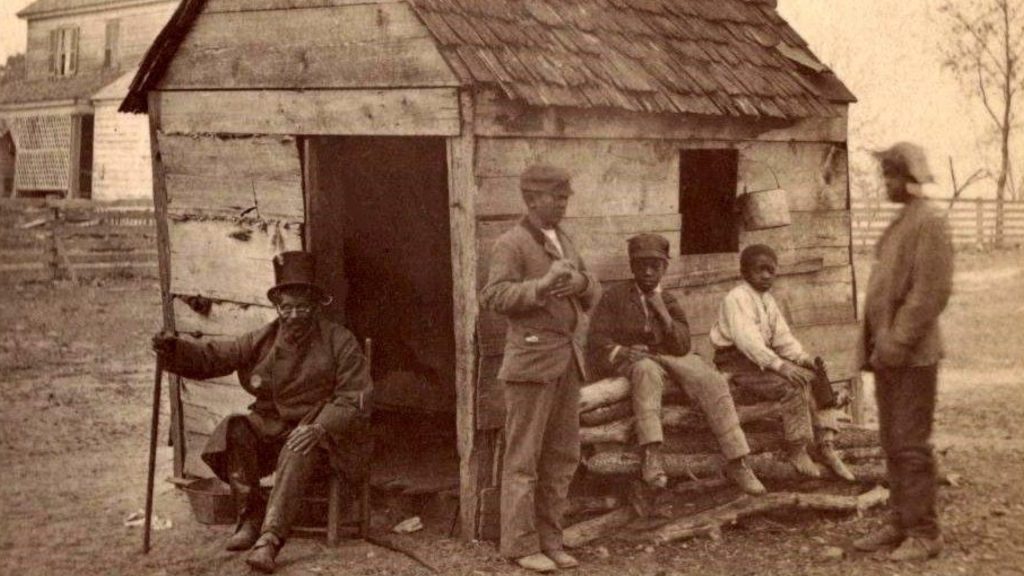
Hoskin notes that the current law discriminates against Cherokee citizens of Freedmen descent. None of those formerly enslaved people have the quantum of blood required to be considered tribal members.
Respect for Tribal Sovereignty
Under the current law, the Cherokee Nation cannot technically allow anyone to claim to be a member of their nation. The Nation and its members are recognized under federal law.
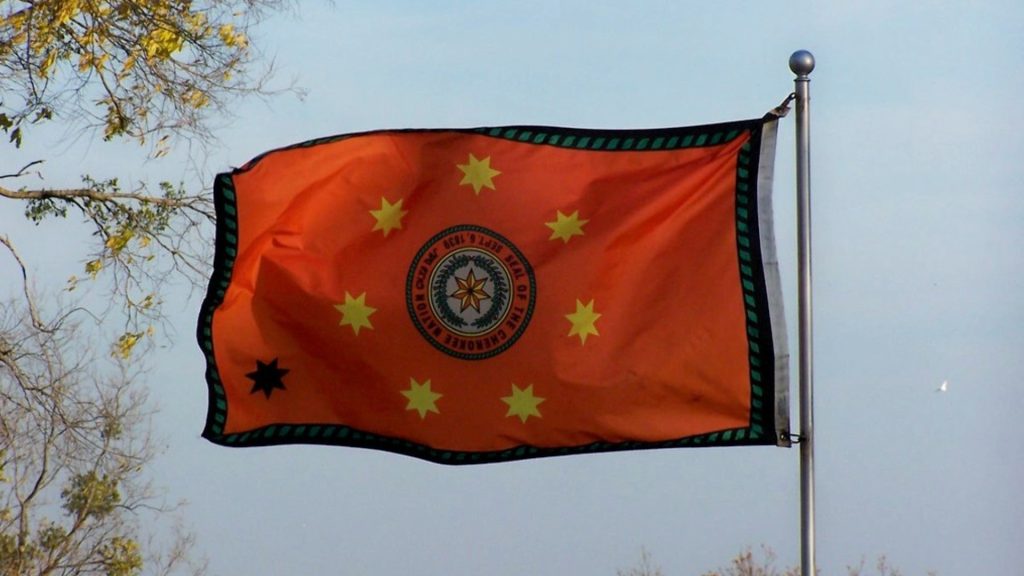
Hoskin wants to declare these Cherokee citizens of Freedmen descent as members of the Nation, but he requires the law to be adjusted before he can even attempt to do that.
Native Americans Can’t be Prosecuted in State Courts
Agreements made in the past ensure that criminals of Indian descent cannot be prosecuted in state courts and must face justice in tribal courts set up to deal with them.
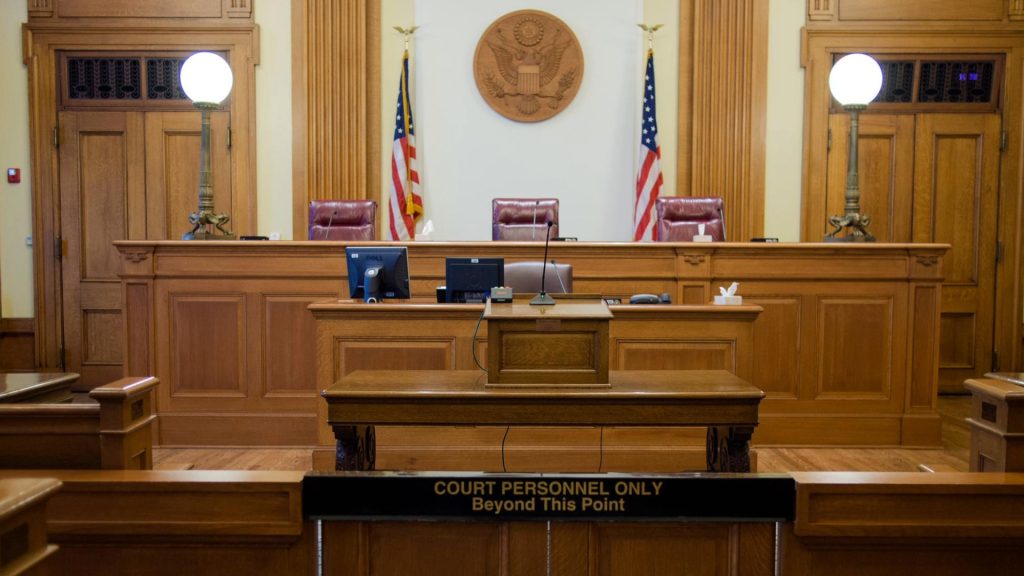
This becomes important because, in 2020, the Supreme Court ruled that a more significant portion of eastern Oklahoma is part of an indigenous reservation, ensuring state authorities don’t have jurisdiction there for native offenders.
Black Cherokee Citizens Still Prosecuted
The matter becomes problematic as the state of Oklahoma continues to prosecute black Cherokee citizens, claiming that they can be charged because they lack the “Blood Quantum” requirement.
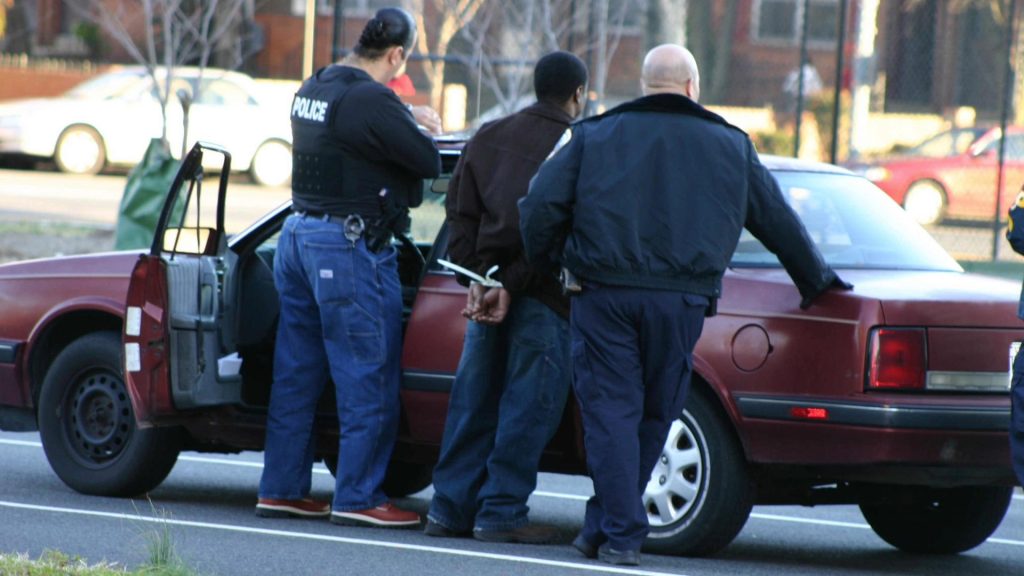
Michael J. Hill, a Black citizen of the Cherokee Nation, got into an altercation with police on tribal lands but was prosecuted like a non-Cherokee criminal because his status wasn’t recognized.
Cherokee Nation Recognized Freedmen
In 2022, the Cherokee Nation Supreme Court stated that Freedmen had a right to claim Cherokee citizenship. It also amended the Nation’s constitution to recognize Freedmen.
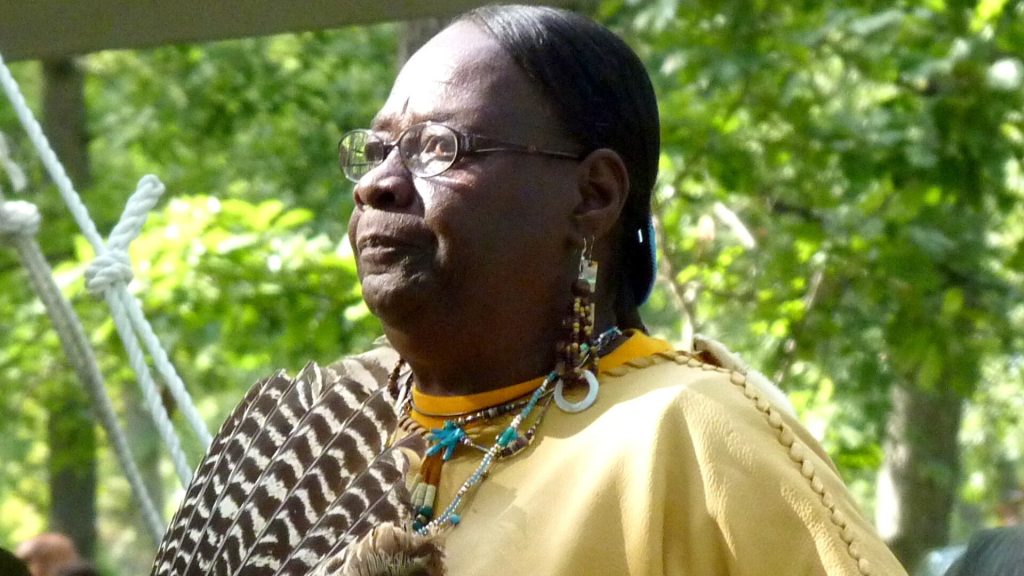
Census estimates show that around 15,000 people are currently enrolled as Cherokee citizens of Freedmen descent within the nation. However, the Cherokee are not the norm for this behavior.
Other Tribal Nations Hesitant
The Cherokee Nation is more proactive in recognizing the citizenship of their Freedmen. Other Indian Nations are less progressive in recognizing the former enslaved members of the tribe.
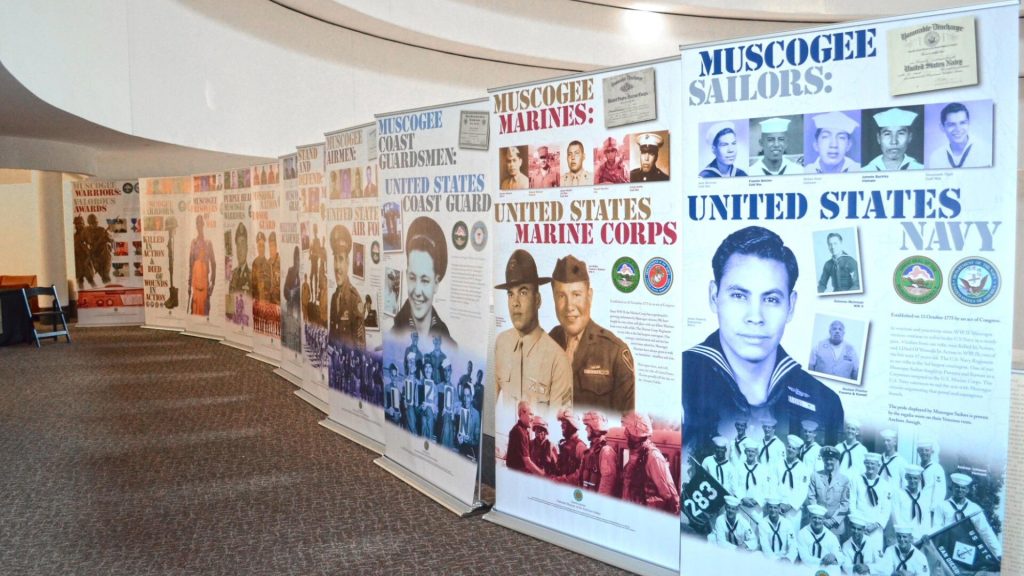
Formerly enslaved members of the Muscogee (Creek) Nation are seeking to claim citizenship, but the tribe’s court system has dragged its feet in making a decision.
US Government Stuck In Limbo
When the US Government recognized Indian Nations and their autonomy, they had to develop agreements with each sovereign nation. Now, these agreements are complicating matters.
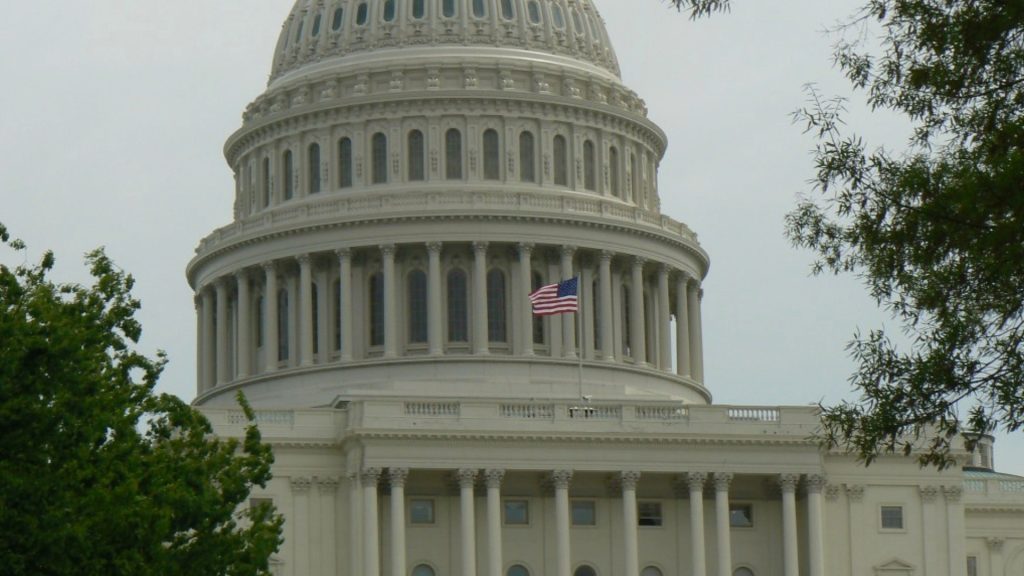
Some nations recognize their Freedmen, but others don’t. It makes it increasingly difficult for states and the federal government to tell who falls into which category for citizenship.
Sovereignty Is Important
Tulsa attorney Brett Chapman notes that this is a question of nation sovereignty. The Cherokee Nation is trying to bring the Freedmen under their umbrella for the right reasons.
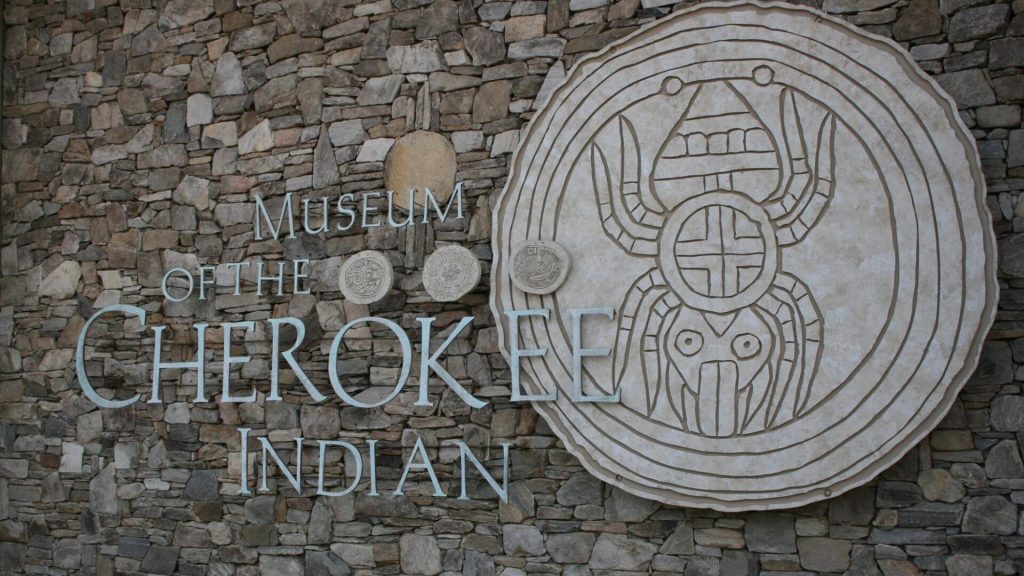
However, there’s also a considerable anti-racism push connected to this acknowledgment. The wind of racism still exists in indigenous communities, and the Cherokee Nation is trying to combat that.
Should Freedmen Be Considered Members of the Tribe?
As with all political debates, it’s not always as simple as determining whether a person has Indian Blood in them or not. It depends on their shared history with the tribe.
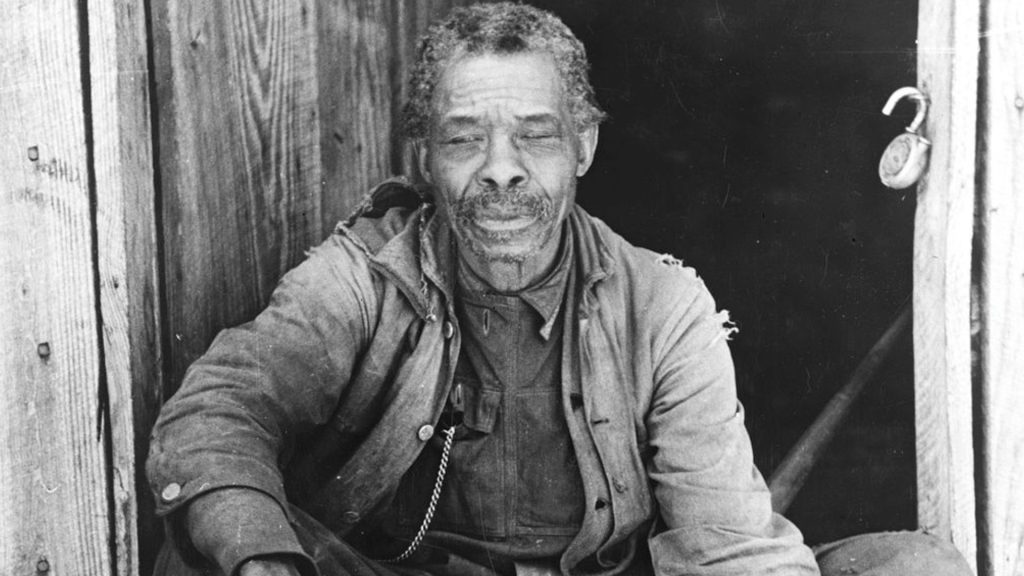
Including Freedmen as Cherokee citizens ensures that if they are prosecuted for a crime, they will do so within the tribe’s local courts and not face the state system for their crimes.
Cherokee Nation Moving to Be More Inclusive
Lobbying for the Freedmen to be included in the Cherokee Nation is the latest move to be more inclusive. The 2021 vote that recognized the Freedmen also removed anti-black language in the constitution.
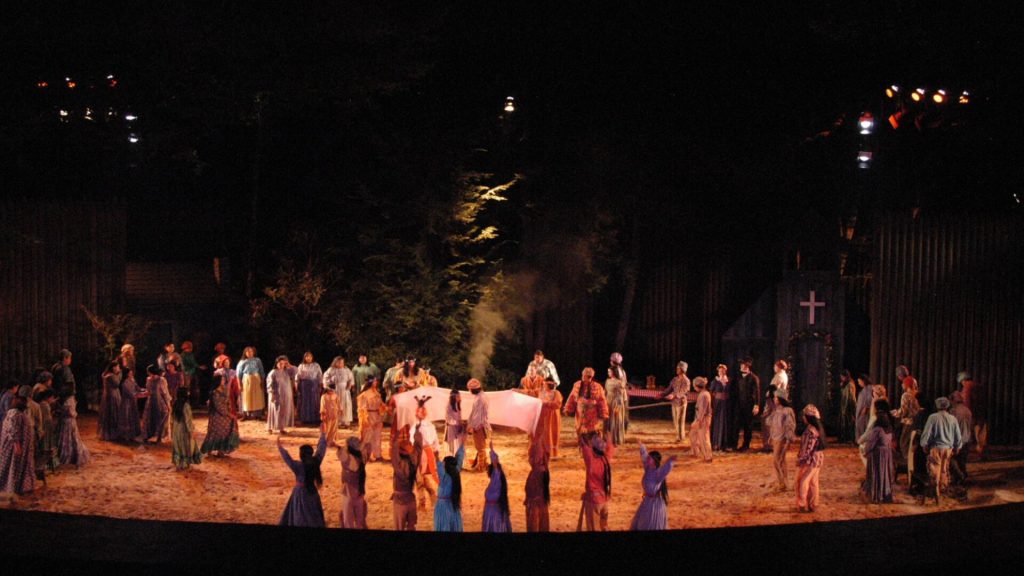
The new constitution allows Freedmen to run for and hold public office as tribal council members and even run for chief.
Not Everyone Is Happy
For several years, the Freedmen Controversy has been a big deal within the Cherokee Nation. Many former enslaved people wanted to claim their citizenship, but tribal councils forbade it.
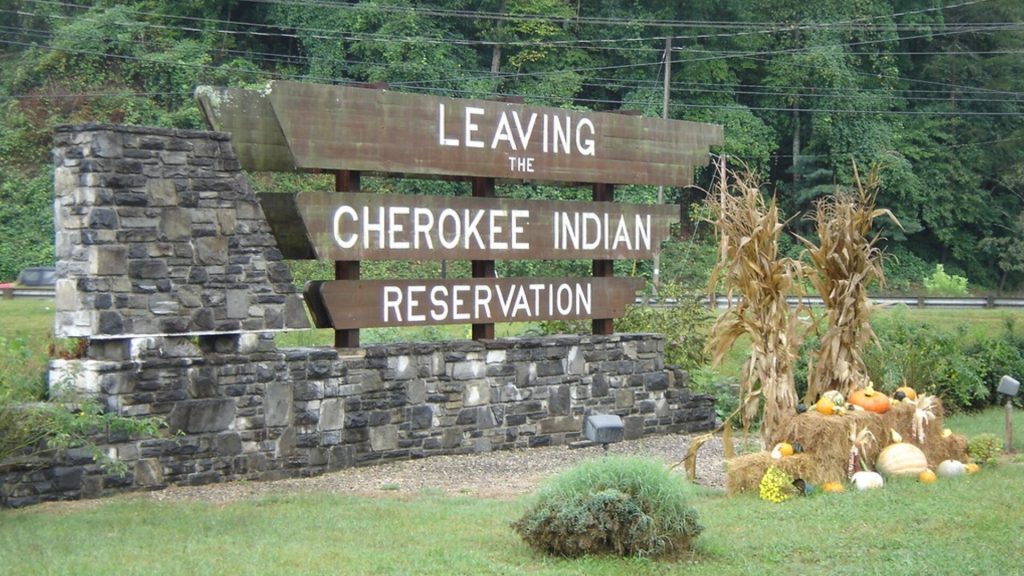
Even now, as Freedmen are allowed to claim that citizenship, there are a few who think they are undeserving. The federal system still doesn’t see them as actual Cherokee citizens.
An Uphill Battle In Store
Hoskins says that they will lobby Congress to change the laws to reflect the new outlook on Freedmen as ratified by the Cherokee Nation. However, this will have a knock-on effect on other nations that also rely on federal legislation.
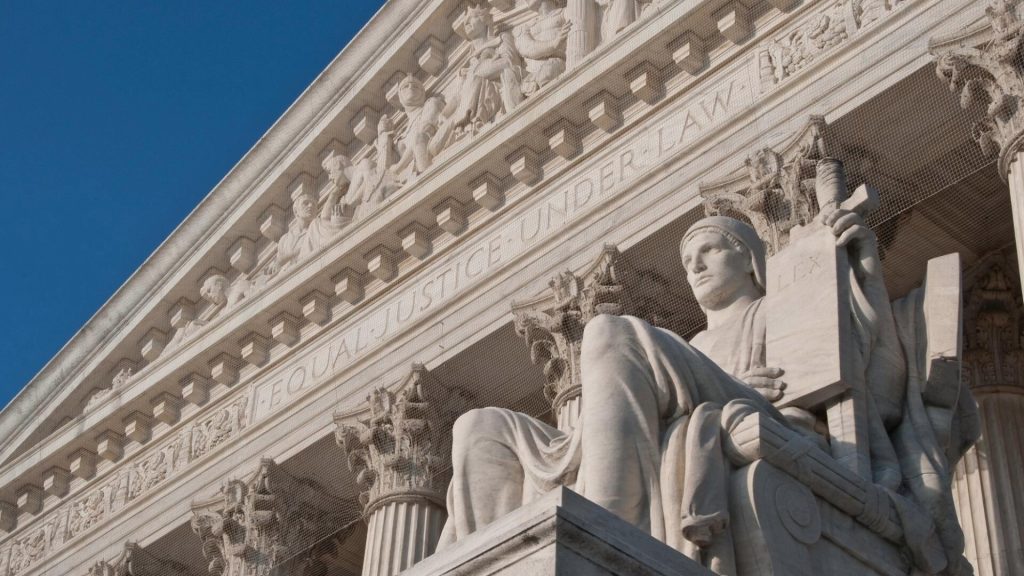
In tribes like the Muscogee(Creek), where Freedmen are not yet recognized as tribal citizens, changing the law could lead to complications across the legal system. Some criminals would slip through the cracks, unable to be prosecuted by either authority. Whatever happens, the Freedmen deserve to be seen as legitimate members of their tribes. If only the tribes thought so.

